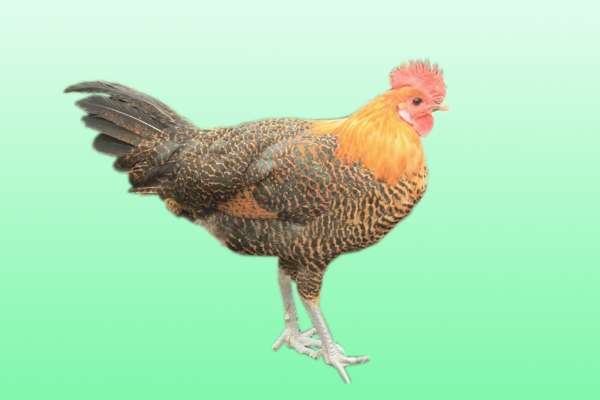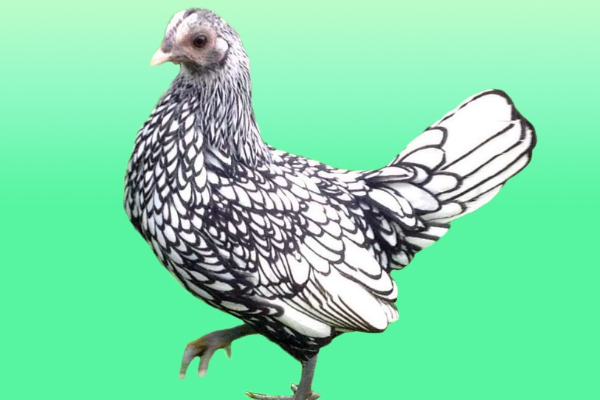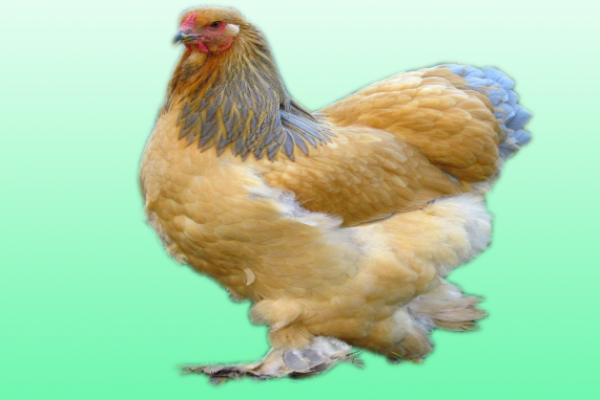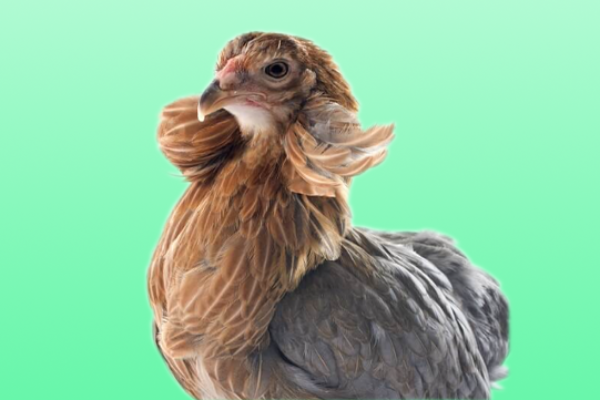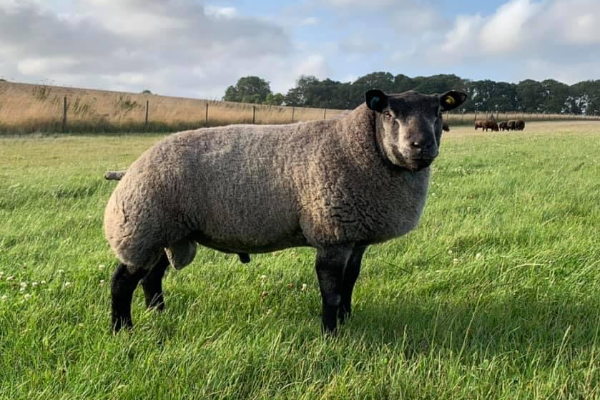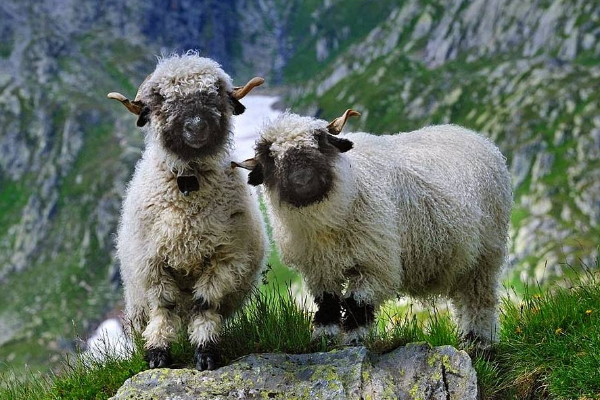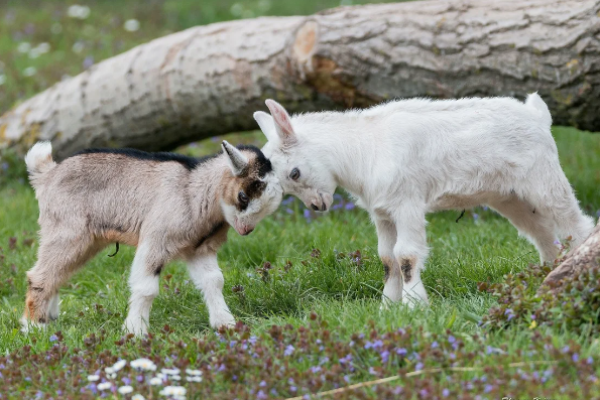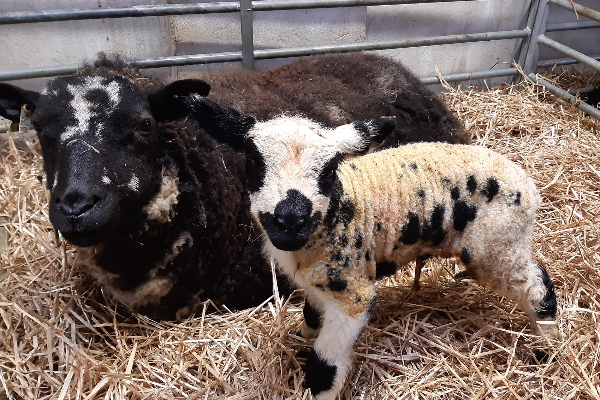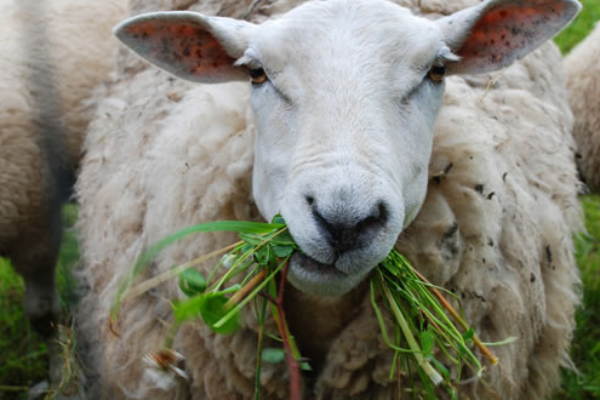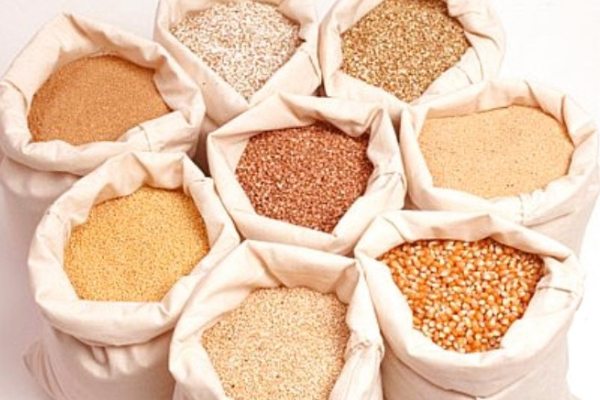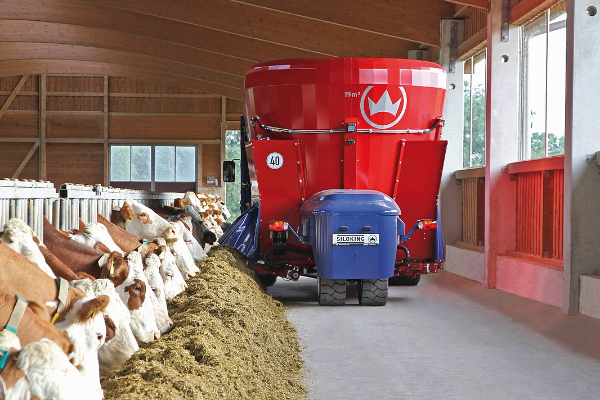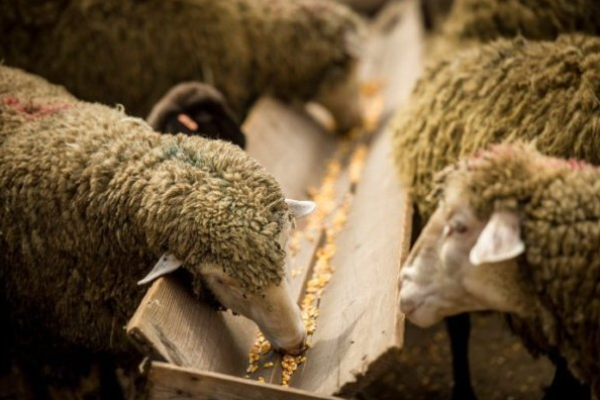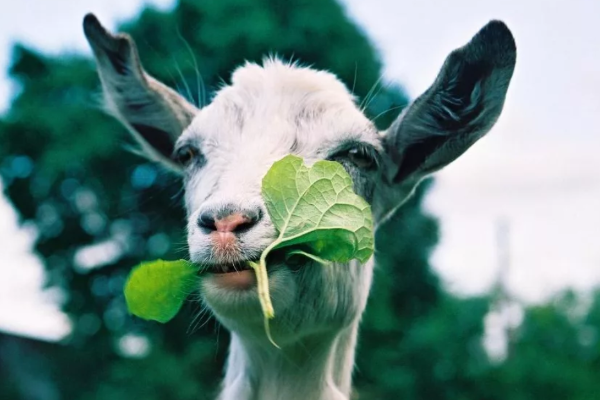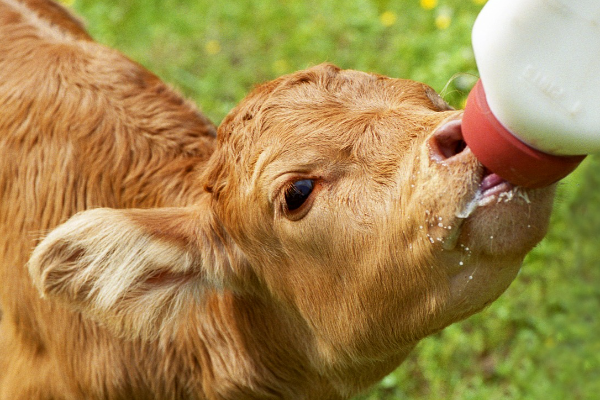Pneumonia
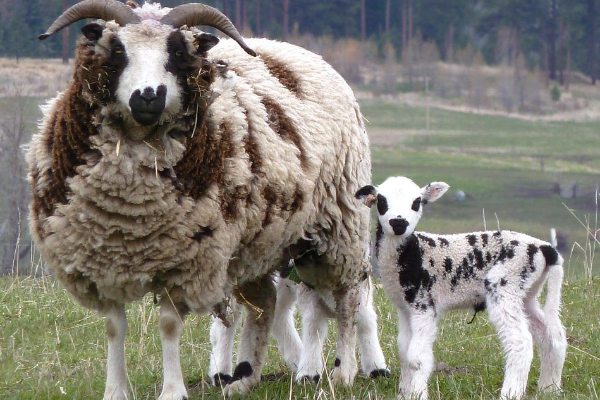
Most outbreaks of pneumonia occur in young animals during late summer and autumn. Pneumonia is caused by the complex combination of an infectious agent, compromised sheep immunity (weaners are most susceptible) and environmental conditions, especially hot, dry, dusty conditions.
SYMPTOMS
• Affected sheep may develop a cough, nasal discharge and may lag behind the mob. Mild cases however may go unnoticed but growth rates are affected.
• A large proportion of the mob may be affected with pneumonia but few deaths should occur.
• Signs of pneumonia will subside after 4-6 weeks, however there may be lasting adhesions between the lungs and chest wall which are detected at the abattoir and trimmed from the carcase.
DIAGNOSIS
Based on history and clinical signs.
TREATMENT
Antibiotic treatment may be used (consult your veterinarian).
PREVENTION
• Drive sheep slowly and allow sheep to walk slowly back to their paddocks after yarding.
• Avoid overcrowding in yards or prolonged or unnecessary yarding.
• Avoid yarding in hot, dry and/or dusty conditions, if unavoidable try to work early in the morning and consider hosing yards to reduce dust.
• Minimise stress - avoid mixing mobs and sudden diet change, provide shelter, ensure good nutrition and appropriate vaccinations, drenching and supplements.
• Be careful not to lift the head of the sheep too high when drenching and avoid plunge dipping thirsty sheep.
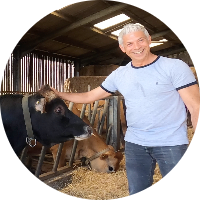
Written by
H Cetin KATIRCI
Online ShepherdBreedsMore
IllnessesMore
Forage cropsMore
![]() Патологическая физиология голодания Arina TARAN
Патологическая физиология голодания Arina TARAN![]() Дефицит фосфора (гипофосфатемия) Hipofosfatemi Arina TARAN
Дефицит фосфора (гипофосфатемия) Hipofosfatemi Arina TARAN![]() Какие бывают кормораздатчики для ферм КРС? Irina Makarova
Какие бывают кормораздатчики для ферм КРС? Irina Makarova![]() Кормушки для овец Diana Myakisheva
Кормушки для овец Diana Myakisheva![]() Питание домашних коз: что едят, виды корма и правила кормления Alina Arslantürk
Питание домашних коз: что едят, виды корма и правила кормления Alina Arslantürk![]() Важность минералов питании сельскохозяйственных животных Irina Makarova
Важность минералов питании сельскохозяйственных животных Irina Makarova



